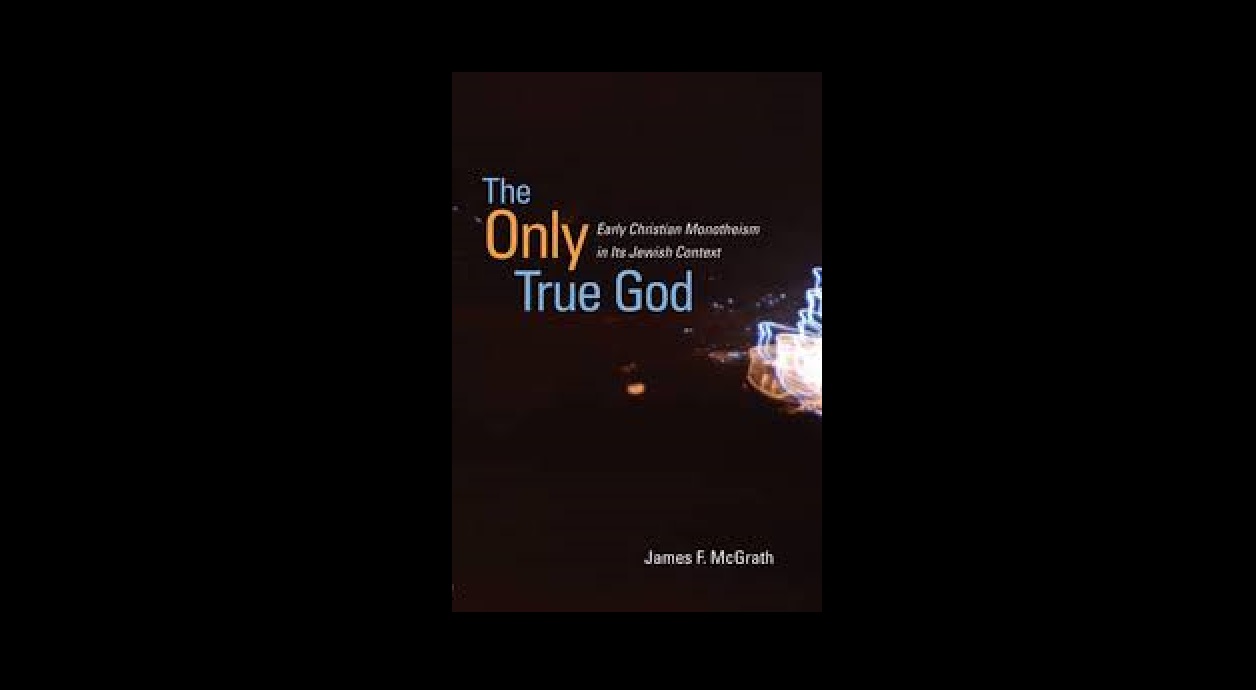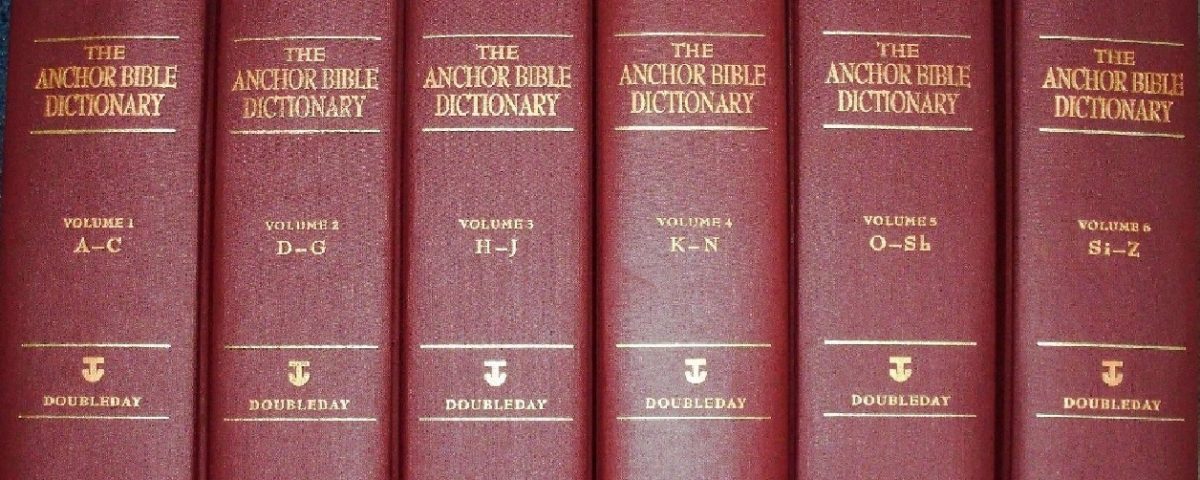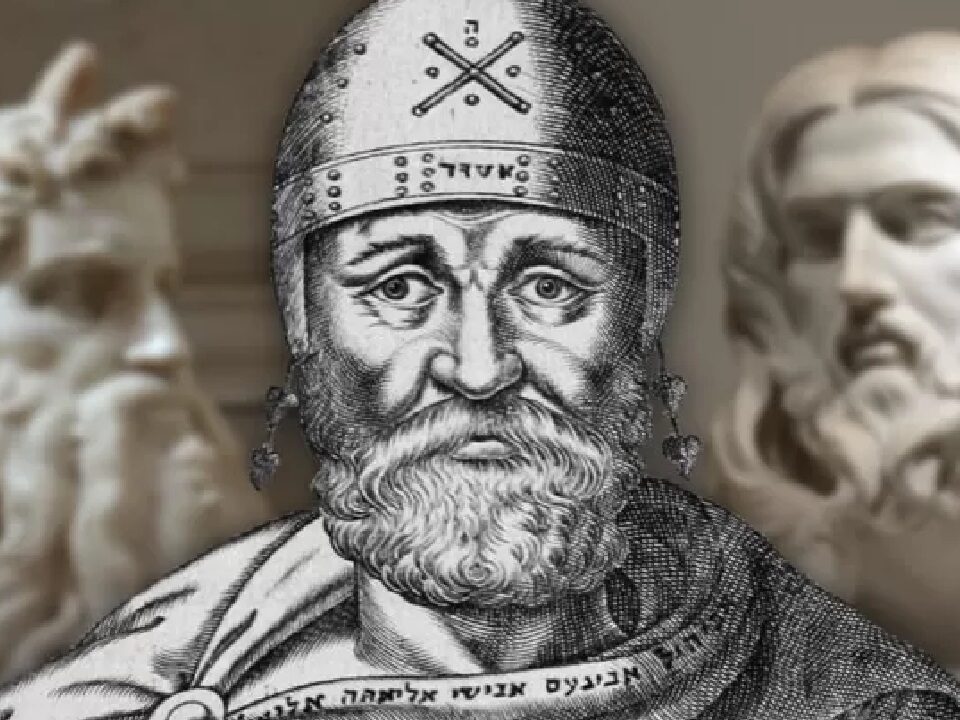
What or Who is Logos
March 31, 2020
The chief agent of God in Revelation
March 31, 2020Dictionary Definition of God

From The Anchor Bible Dictionary article on “God,” God in the NT, by Joulette M. Bassler.
1. The One God. Many of the functions of God—creative (1 Cor 8:6; John 1:3), ruling (1 Cor 15:24–25), and judicial (1 Cor 4:4–5)—and a number of divine epithets, including the title―Lord, are transferred to Jesus.
He is the image of God (Col 1:15), bears the very stamp of God‘s nature (Heb 1:3), and in a few texts, some more ambiguous than others, he is even hailed as God (Rom 9:5 [disputed]; Titus 2:13 [disputed]; John 1:1; 20:28). Yet Paul insists that Jesus resisted the temptation to grasp equality with God (Phil 2:6) and affirms that in spite of the divine authority of the risen Christ, which includes dominion over ―every rule and every authority and power (1 Cor 15:24), he will ultimately deliver this dominion back to God, including dominion over himself, in order ―that God may be everything to every one (v 28). Thus Paul insists that Jesus‘ divine authority, though tremendous, is nevertheless partial and temporary, while God‘s power and deity are eternal (Rom 1:20).
Even in the Fourth Gospel, where assertions of the unity of Father and Son abound (10:30; 14:10; 17:11, 21), the point is emphasized that this oneness is that of agent and sender (5:19–30; 6:38–40), a oneness of will and function that allows the agent-son to reveal the sender-father (12:44–50; 14:9) without compromising God‘s primacy (14:28).
D. Trinitarian Formulations. One does not find in the NT the trinitarian paradox of the coexistence of the Father, Son, and Spirit within a divine unity, the mystery of the three in one, yet one does find there the data that serve as the foundation of this later dogmatic formulation.
The baptismal commission in Matt 28:19 and the apostolic benediction in 2 Cor 13:14 are the clearest examples of triadic coordination, though other texts of somewhat looser formulation (1Cor 12:4–6; Jude 20–21; 1 Pet 1:2; Rev 1:4–7) probably reveal its influence. Even these texts, however, do not formalize the relationship as that of one in three, but assert somewhat more simply that the work of the three is the same work, whether it is perceived in terms of the creative and ruling power of the universe, the crucified and vindicated messiah, or the religious experience of the community.

